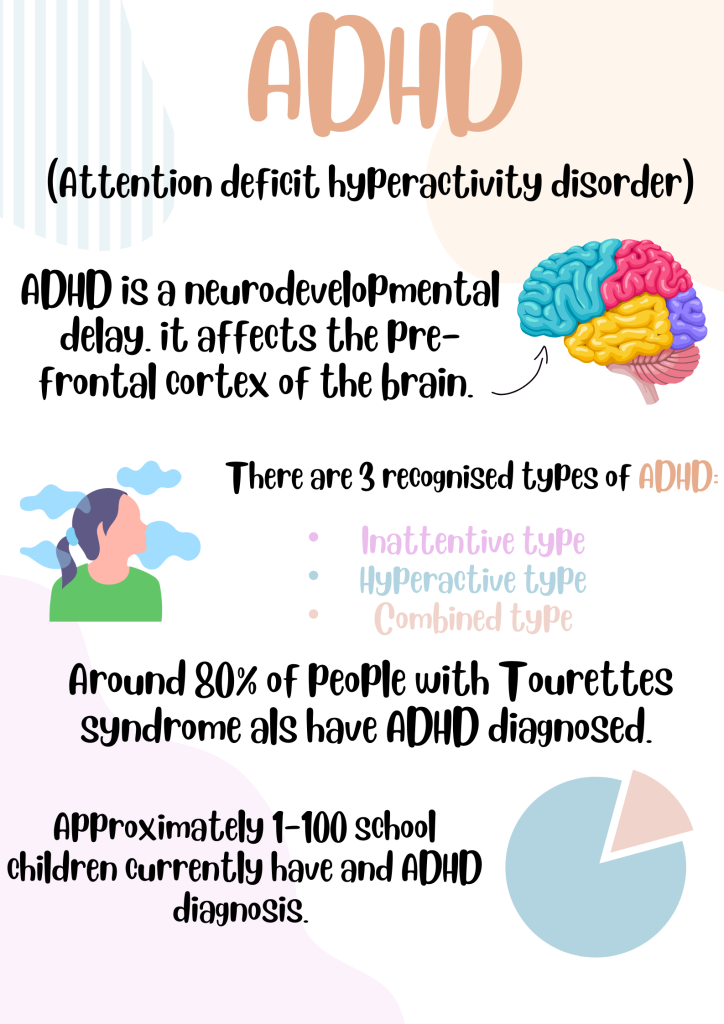ADHD and Interpersonal Relationships: Building Strong Bonds Despite Challenges
Attention Deficit Hyperactivity Disorder (ADHD) is a neurodevelopmental disorder that affects individuals' ability to focus, control impulses, and regulate their energy levels. While it's commonly associated with difficulties in academic or professional settings, its impact on interpersonal relationships is equally significant. Navigating friendships, romantic partnerships, familial connections, and professional interactions can pose unique challenges for those with ADHD. However, with understanding, patience, and effective communication strategies, individuals with ADHD can build and maintain strong bonds with others.
Understanding ADHD in the Context of Relationships
Before delving into strategies for building strong interpersonal relationships, it's essential to grasp how ADHD can manifest within these dynamics. Individuals with ADHD may struggle with:
Attention and Focus:
They might find it challenging to concentrate during conversations, leading to misunderstandings or feelings of neglect by their peers.
Impulsivity:
Impulsive behaviors can sometimes lead to saying or doing things without considering their impact on others, which can strain relationships.
Emotional Regulation:
Fluctuating emotions and difficulty in managing them can result in heightened conflict or misunderstandings within relationships.
Time Management:
Difficulty in managing time can lead to tardiness or forgetfulness, which may be interpreted as a lack of consideration or commitment by others.
Strategies for Building Strong Bonds
1. Knowledge and Consciousness:
Education is key for both individuals with ADHD and their loved ones. Understanding the nature of ADHD symptoms, and its impact on relationships can foster empathy and patience. Workshops, therapy sessions, or reading materials specifically tailored to ADHD can provide valuable insights and tools for navigating relationships.
2. Open Communication:
Honest and open communication is crucial in any relationship, but it's especially vital when one or both parties are dealing with ADHD. Encouraging open dialogue about challenges, needs, and expectations can prevent misunderstandings and foster a supportive environment.
3. Establishing Routines and Structure:
Consistency and structure can help individuals with ADHD manage their symptoms more effectively. Establishing routines for daily tasks, appointments, and social activities can reduce anxiety and enhance predictability within relationships.
4. Active Listening:
Practicing active listening involves giving your full attention to the speaker, maintaining eye contact, and reflecting back what you've heard. This demonstrates respect and validation for the other person's thoughts and feelings, fostering a deeper connection.
5. Developing Coping Strategies:
Individuals with ADHD can work with therapists or coaches to develop coping strategies tailored to their specific needs. These strategies might include mindfulness techniques, organization tools, or cognitive-behavioral strategies to manage impulsivity and emotional regulation.
6. Boundaries and Self-Care:
Setting boundaries and prioritizing self-care is essential for individuals with ADHD to avoid burnout and maintain healthy relationships. Communicating personal boundaries and needs to others while respecting their boundaries fosters mutual respect and understanding.
7. Seeking Professional Support:
Therapy, coaching, or support groups can provide valuable guidance and encouragement for individuals with ADHD and their loved ones. Professional support can offer strategies for navigating relationship challenges and addressing underlying issues that may arise.
Challenges and Growth Opportunities
While ADHD can present unique challenges within interpersonal relationships, it's important to recognize that these challenges also offer opportunities for growth and resilience. Individuals with ADHD often possess unique strengths, such as creativity, spontaneity, and enthusiasm, which can enrich their relationships when channeled effectively.
Moreover, navigating the complexities of relationships while managing ADHD can foster greater self-awareness, empathy, and communication skills. By confronting challenges head-on and embracing a growth mindset, individuals with ADHD can cultivate fulfilling and lasting connections with others.
In summary
ADHD can present significant challenges within interpersonal relationships, but with understanding, patience, and effective communication strategies, strong bonds can be forged and maintained. By fostering empathy, practicing open communication, and implementing coping strategies, individuals with ADHD can navigate the complexities of relationships with greater confidence and resilience.
Ultimately, building strong bonds despite ADHD requires a willingness to learn, adapt, and prioritize mutual understanding and support. With the right tools and mindset, individuals with ADHD can cultivate meaningful connections that enrich their lives and the lives of those around them.





Comments